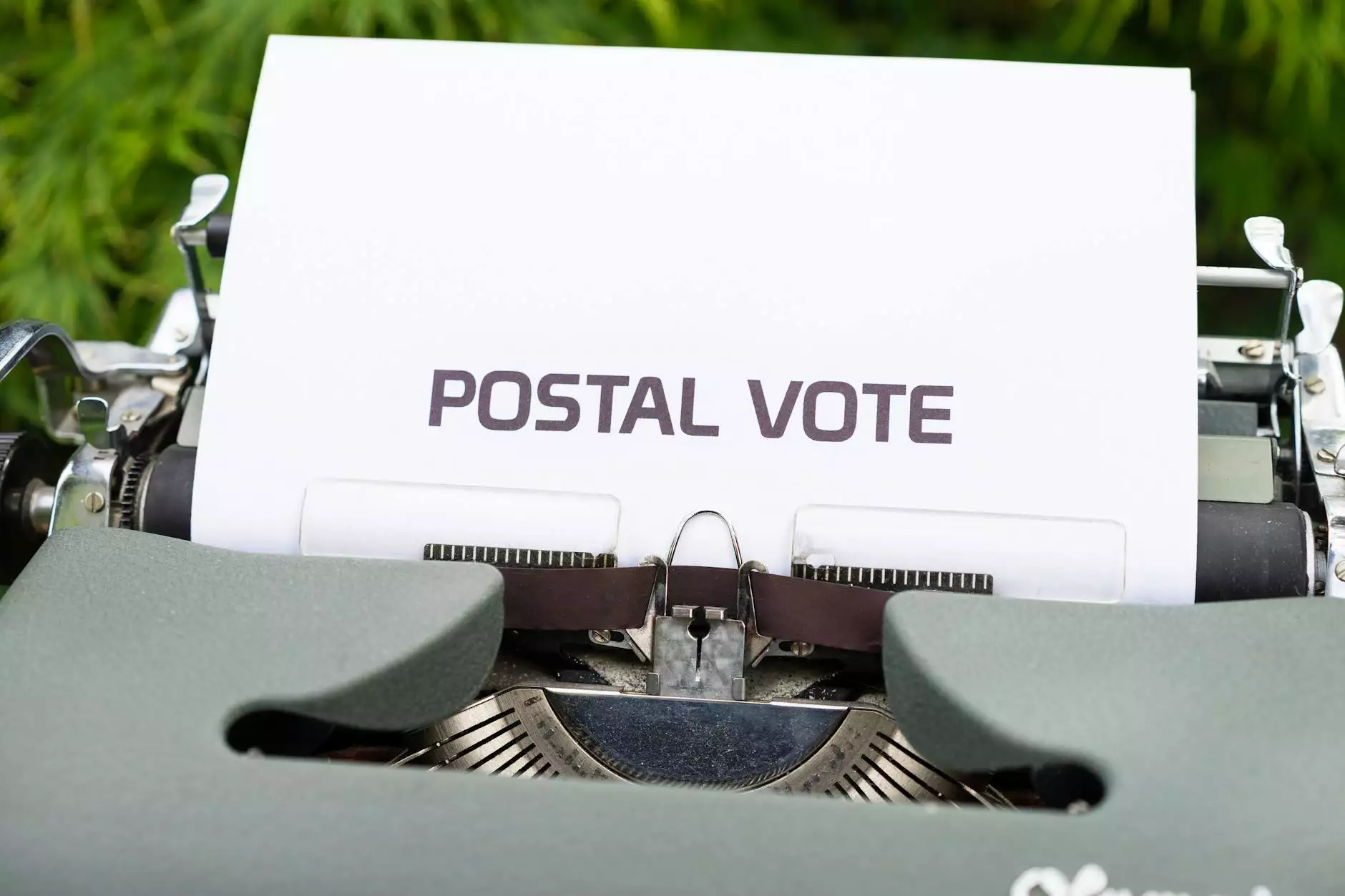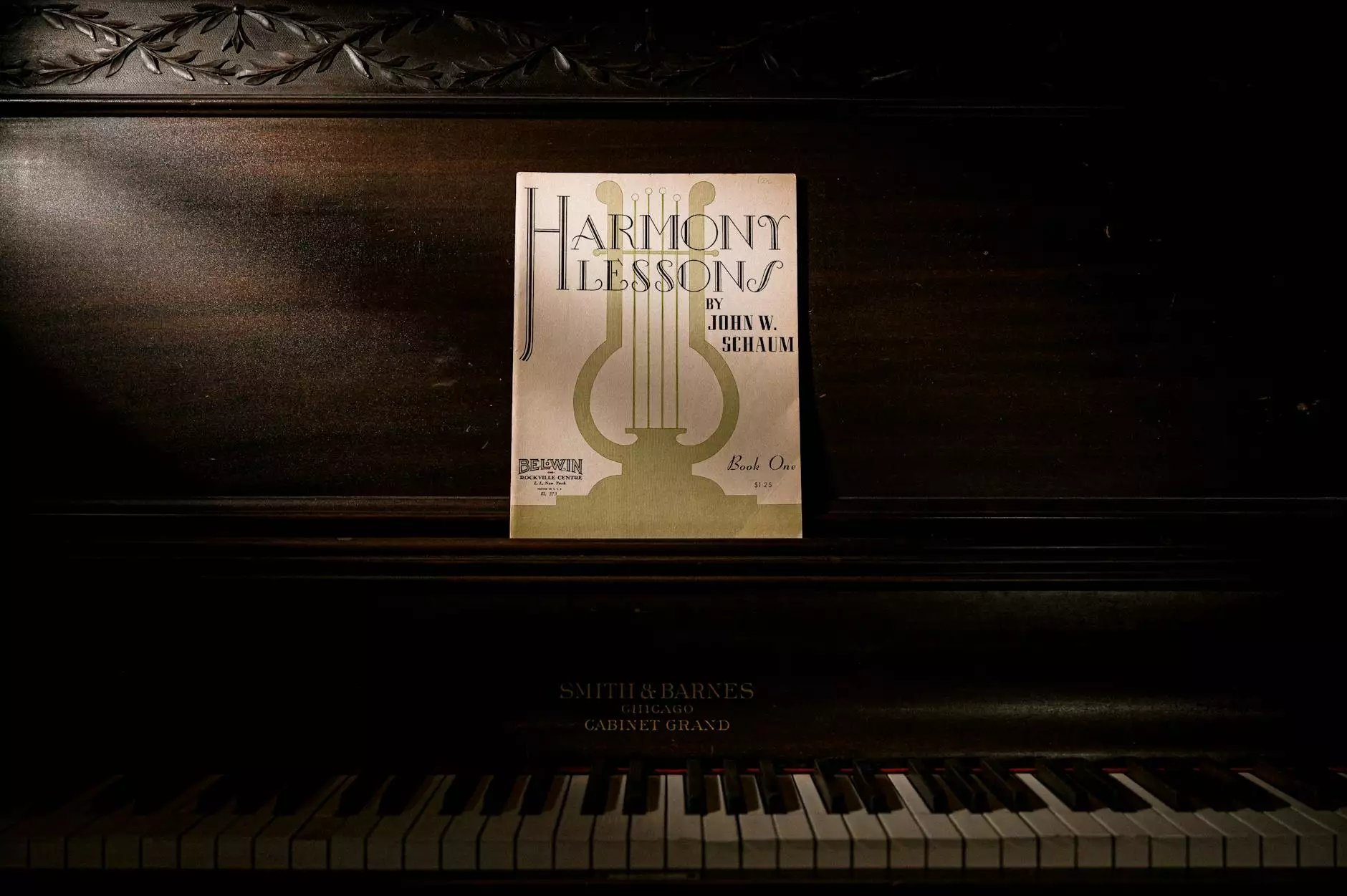Hope vs. Wish, Used to, & Get Idioms English Lesson
English Grammar Lessons
Welcome to NJCLT's comprehensive English lesson on the differences between hope and wish, the usage of 'used to', and some common English idioms. In this lesson, we will provide you with detailed explanations and examples to help you understand these concepts and improve your English language skills.
Hope vs. Wish: Understanding the Differences
Hope and wish are two commonly used words in English, often used interchangeably. However, there are subtle differences in their meanings and usage.
Hope refers to a positive desire or expectation for something to happen in the future. It carries a sense of belief and possibility. For example:
- I hope to visit Paris next year.
- She hopes to get a promotion at work.
- We hope for peace in the world.
Wish, on the other hand, is used to express a strong desire or longing for something that is unlikely or impossible to happen. It conveys a sense of longing or regret. For example:
- I wish I had won the lottery.
- She wishes she could travel the world.
- They wish they had studied harder for the exam.
The Usage of 'Used to'
'Used to' is a common English expression used to talk about past habits, states, or actions that were true in the past but are no longer true or existent in the present. It is often used when discussing past routines or things that happened regularly. Here are a few examples:
- I used to live in New York City.
- We used to go swimming every Saturday.
- She used to have long hair when she was young.
It is important to note that 'used to' is always followed by the base form of the verb. For negative sentences, we use 'didn't use to'. For interrogative sentences, we use 'did you use to'.
Common English Idioms
English idioms are phrases or expressions that have a figurative meaning different from the literal interpretation of the words. They add color and depth to the language, and understanding them can greatly improve your fluency. Here are some popular English idioms:
- Break a leg: This idiom is commonly used to wish someone good luck, especially before a performance or presentation.
- Cost an arm and a leg: This idiom means something is very expensive.
- Hit the nail on the head: This idiom means to accurately say or do something right.
- Bite the bullet: This idiom means to face a difficult situation with courage and determination.
- Once in a blue moon: This idiom means something happens very rarely.
- Under the weather: This idiom means to feel unwell or sick.
- Break the ice: This idiom means to initiate a conversation or activity to reduce tension or awkwardness.
Learning and understanding idioms will not only improve your language skills but also help you communicate more effectively with native English speakers.
Conclusion
In this English lesson, we have covered the differences between hope and wish, discussed the usage of 'used to' for talking about past habits, and explored some common English idioms. We hope you found this lesson informative and that it will assist you in enhancing your English proficiency. Practice using these concepts regularly to gain a better grasp of the language.
Remember, NJCLT is dedicated to providing exceptional English language learning resources, and we are here to support you on your journey to English fluency.










